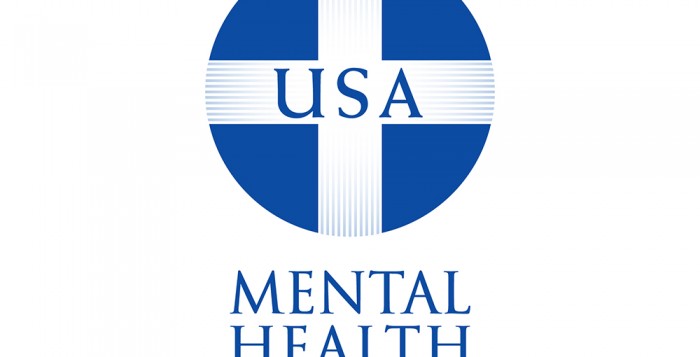Contact Your Senator to Support Mental Health First Aid Training Funding
 Now that Congress has finalized the FY2017 appropriations process, it is poised to begin working on appropriations for FY2018.
Now that Congress has finalized the FY2017 appropriations process, it is poised to begin working on appropriations for FY2018.
Mental Health First Aid champion Senator Richard Blumenthal (D-CT) is today circulating a letter requesting continued funding for Mental Health First Aid trainings. The program that provides training to emergency first responders, law enforcement personnel, primary care personnel, Human Resources professionals, faith community leaders, veterans, teachers, and students and their parents.
Will you please take two minutes and urge your Senator to sign on to the Dear Colleague letter (text below) supporting Mental Health First Aid training for this important population?
Earlier this year, Representatives Lynn Jenkins (R-KS) and Doris Matsui (D-CA) circulated a similar letter and due, in part, to outreach by National Council advocates, 23 bipartisan legislators signed on to a letter supporting Mental Health First Aid in the House.
Today, we are asking you again to demonstrate that bipartisan, nationwide support for Mental Health First Aid and ask your Senators to sign on.
Thank you for your hard work and advocacy!
Sincerely,
Chuck Ingoglia
Senior Vice President, Public Policy and Practice Improvement
National Council for Behavioral Health
++++++++++++++++++++++++++++++
The Honorable Roy Blunt The Honorable Patty Murray
Chairman Ranking Member
Senate Labor/HHS Appropriations Senate Labor/HHS Appropriations
Subcommittee Subcommittee
135 Dirksen Senate Office Bldg. 156 Dirksen Senate Office Bldg.
Washington, D.C. 20510 Washington, D.C. 20510
Dear Chairman Blunt and Ranking Member Murray:
We are writing to urge you to include the current funding level of $15 million for Mental Health First Aid and important Committee report language in the FY 2018 Labor, Health and Human Services, Education, and Related Agencies (L-HHS) appropriations bill. This important mental health training program will improve education and awareness about mental illness in our communities, giving those trained the ability to intervene and address mental health crises as they happen.
Mental Health First Aid is an evidenced-based education program that helps the public identify, understand, and respond to the signs of mental illness. Since FY 2014, the Substance Abuse and Mental Health Services Administration (SAMHSA) has funded state and local educational agencies to support the training of school personnel including classroom teachers, counselors, and principals. Most recently, the agency has maintained the program’s youth focus, but expanded the eligible grantees to include youth-focused organizations and nonprofits, as well as community colleges.
Last year, as part of its One Mind Campaign, the International Association of Chiefs of Police (IACP) endorsed Mental Health First Aid as an evidence-based practice to improve law enforcement interactions involving persons with mental illnesses. To date, nearly sixty local law enforcement agencies have adopted the IACP One Mind Campaign pledge to train and certify 100 percent of their incoming cadets, sworn patrol officers, and police dispatchers in Mental Health First Aid.
In view of these developments, we are proposing the inclusion of committee report language that would add public safety audiences to the Mental Health First Aid program. Particularly for law enforcement personnel, the crisis de-escalation component of the training protects the lives of both officers and citizens experiencing psychiatric crises.
Therefore, we ask that the Committee add this language to the FY 2018 Department of Health and Human Services (HHS) report:
Mental Health First Aid – The Committee is pleased with the progress of Mental Health First Aid including training more than 740,000 Americans to recognize the signs and symptoms of common mental disorders. In continuing competitive funding opportunities, SAMHSA is directed to include as eligible grantees local law enforcement agencies, fire departments, and emergency medical units with a special emphasis on training for crisis de-escalation techniques. SAMHSA is also encouraged to prioritize training for veterans, armed services personnel, and their family members within the Mental Health First Aid program.
As mental illness impacts the lives of millions of Americans and their families and too many mental health disorders continue to go undiagnosed and untreated, we must make prudent investments to improve mental health awareness in our communities. That is why we urge you to support funding for Mental Health First Aid in FY 2018 and include this important report language.
Sincerely,
Richard Blumenthal
U.S. Senator
Questions, contact Jack Phillips.












